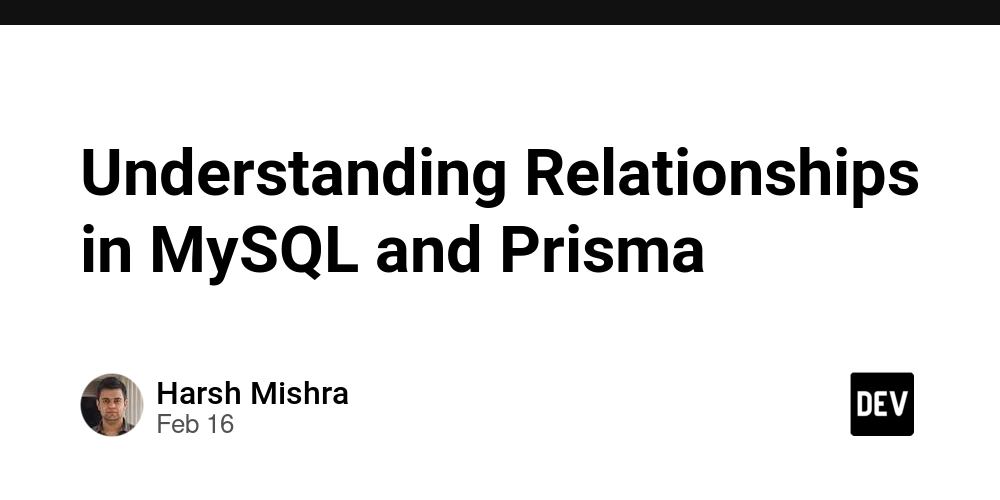Java Interview Guide for Freshers: Questions & Expert Tips
Landing your first job as a Java developer can feel like a mix of excitement and anxiety. You’ve spent months learning syntax, solving problems, and building small projects—now it’s time to showcase your knowledge in an interview. Whether you’re aiming for a role in software development, backend systems, or full-stack engineering, preparing for your Java interview the right way is crucial. In this guide, we’ll walk you through some of the most common Java interview questions for freshers, along with practical tips from industry professionals to help you stand out during your interview. Why Java? Before diving into the questions, it’s important to understand why Java remains one of the most sought-after languages in the software industry. Java is platform-independent, secure, object-oriented, and backed by a strong community. It’s used in everything from enterprise-level applications to Android development and cloud-based systems. Because of this versatility, employers are always looking for developers who have a strong foundation in Java. Core Java Topics to Master As a fresher, your focus should be on mastering the basics. Interviewers will want to know how well you understand core concepts, how you approach problem-solving, and how comfortable you are explaining your logic. Some key areas to review include: Data types and variables Control structures (if-else, loops, switch statements) Object-Oriented Programming (OOP) principles: inheritance, encapsulation, abstraction, and polymorphism Exception handling Collections framework Basic string manipulation Understanding of Java Virtual Machine (JVM) Common Java Interview Questions for Freshers Here are a few common questions that often show up in interviews for entry-level Java roles: 1. What are the main features of Java? 2. How is Java platform-independent? 3. What is the difference between JDK, JRE, and JVM? 4. Can you explain the four pillars of OOP with examples? 5. What is method overloading and method overriding? 6. How does garbage collection work in Java? 7. What is the difference between an ArrayList and a LinkedList? 8. What is the difference between ‘==’ and ‘equals()’ in Java? 9. How would you reverse a string in Java? 10. Explain the use of the final keyword in Java. These questions test your understanding of the fundamentals. For example, when discussing how to reverse a string in Java, you’re not just showing that you’ve memorized an approach—you’re showing that you can think algorithmically and work with strings, which are commonly used in real-world applications. Tips from Experts: How to Prepare To go beyond just rehearsing answers, follow these expert tips to truly shine in your Java interview: 1. Understand, Don’t Memorize It’s tempting to memorize definitions, but interviewers can tell the difference between someone reciting a textbook and someone who really gets it. Try explaining concepts in your own words and relate them to real-life examples or projects you’ve worked on. 2. Practice Problem Solving Interviewers love candidates who can think logically and break down problems. Practice writing out solutions to common problems, such as how to identify duplicates in an array or how to reverse a string in Java. You don’t need to write perfect code—just focus on how you think and structure your solution. 3. Brush Up on Theory and Application A solid understanding of theory is essential, but be ready to talk about how that theory applies to real scenarios. If you’ve built a project using Java, be prepared to discuss how you implemented object-oriented principles or managed exceptions. 4. Communicate Clearly During your interview, think aloud. Explain what you’re doing and why. Clear communication can often make up for small mistakes because it shows that you’re thoughtful and methodical in your approach. 5. Ask Questions Interviews are a two-way street. When you’re given a problem, don’t be afraid to clarify requirements or ask for input. It shows initiative and a collaborative mindset—qualities that employers highly value. The Non-Technical Side While technical skills are essential, don’t underestimate the importance of soft skills. Interviewers also look at how you interact, your enthusiasm for learning, and your fit with the company culture. Be professional, stay calm, and show that you’re eager to grow. Final Thoughts Preparing for your first Java interview doesn’t have to be overwhelming. Focus on building a strong foundation in core concepts, practice solving problems like how to reverse a string in Java, and work on communicating your thoughts clearly. Remember, every expert was once a beginner. Confidence comes with preparation, so put in the effort, stay curious, and believe in your potential.

Landing your first job as a Java developer can feel like a mix of excitement and anxiety. You’ve spent months learning syntax, solving problems, and building small projects—now it’s time to showcase your knowledge in an interview. Whether you’re aiming for a role in software development, backend systems, or full-stack engineering, preparing for your Java interview the right way is crucial.
In this guide, we’ll walk you through some of the most common Java interview questions for freshers, along with practical tips from industry professionals to help you stand out during your interview.
Why Java?
Before diving into the questions, it’s important to understand why Java remains one of the most sought-after languages in the software industry. Java is platform-independent, secure, object-oriented, and backed by a strong community. It’s used in everything from enterprise-level applications to Android development and cloud-based systems. Because of this versatility, employers are always looking for developers who have a strong foundation in Java.
Core Java Topics to Master
As a fresher, your focus should be on mastering the basics. Interviewers will want to know how well you understand core concepts, how you approach problem-solving, and how comfortable you are explaining your logic. Some key areas to review include:
- Data types and variables
- Control structures (if-else, loops, switch statements)
- Object-Oriented Programming (OOP) principles: inheritance, encapsulation, abstraction, and polymorphism
- Exception handling
- Collections framework
- Basic string manipulation
- Understanding of Java Virtual Machine (JVM)
Common Java Interview Questions for Freshers
Here are a few common questions that often show up in interviews for entry-level Java roles:
1. What are the main features of Java?
2. How is Java platform-independent?
3. What is the difference between JDK, JRE, and JVM?
4. Can you explain the four pillars of OOP with examples?
5. What is method overloading and method overriding?
6. How does garbage collection work in Java?
7. What is the difference between an ArrayList and a LinkedList?
8. What is the difference between ‘==’ and ‘equals()’ in Java?
9. How would you reverse a string in Java?
10. Explain the use of the final keyword in Java.
These questions test your understanding of the fundamentals. For example, when discussing how to reverse a string in Java, you’re not just showing that you’ve memorized an approach—you’re showing that you can think algorithmically and work with strings, which are commonly used in real-world applications.
Tips from Experts: How to Prepare
To go beyond just rehearsing answers, follow these expert tips to truly shine in your Java interview:
1. Understand, Don’t Memorize
It’s tempting to memorize definitions, but interviewers can tell the difference between someone reciting a textbook and someone who really gets it. Try explaining concepts in your own words and relate them to real-life examples or projects you’ve worked on.
2. Practice Problem Solving
Interviewers love candidates who can think logically and break down problems. Practice writing out solutions to common problems, such as how to identify duplicates in an array or how to reverse a string in Java. You don’t need to write perfect code—just focus on how you think and structure your solution.
3. Brush Up on Theory and Application
A solid understanding of theory is essential, but be ready to talk about how that theory applies to real scenarios. If you’ve built a project using Java, be prepared to discuss how you implemented object-oriented principles or managed exceptions.
4. Communicate Clearly
During your interview, think aloud. Explain what you’re doing and why. Clear communication can often make up for small mistakes because it shows that you’re thoughtful and methodical in your approach.
5. Ask Questions
Interviews are a two-way street. When you’re given a problem, don’t be afraid to clarify requirements or ask for input. It shows initiative and a collaborative mindset—qualities that employers highly value.
The Non-Technical Side
While technical skills are essential, don’t underestimate the importance of soft skills. Interviewers also look at how you interact, your enthusiasm for learning, and your fit with the company culture. Be professional, stay calm, and show that you’re eager to grow.
Final Thoughts
Preparing for your first Java interview doesn’t have to be overwhelming. Focus on building a strong foundation in core concepts, practice solving problems like how to reverse a string in Java, and work on communicating your thoughts clearly. Remember, every expert was once a beginner. Confidence comes with preparation, so put in the effort, stay curious, and believe in your potential.






















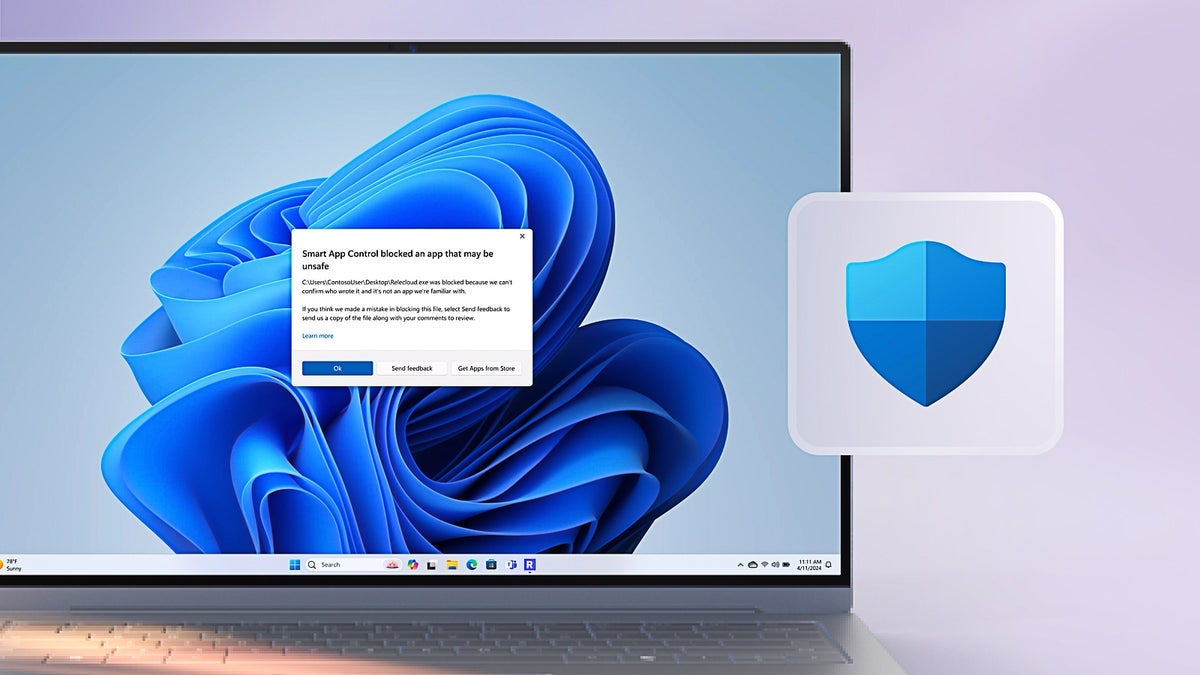












































![Apple to Split Enterprise and Western Europe Roles as VP Exits [Report]](https://www.iclarified.com/images/news/97032/97032/97032-640.jpg)
![Nanoleaf Announces New Pegboard Desk Dock With Dual-Sided Lighting [Video]](https://www.iclarified.com/images/news/97030/97030/97030-640.jpg)
![Apple's Foldable iPhone May Cost Between $2100 and $2300 [Rumor]](https://www.iclarified.com/images/news/97028/97028/97028-640.jpg)



















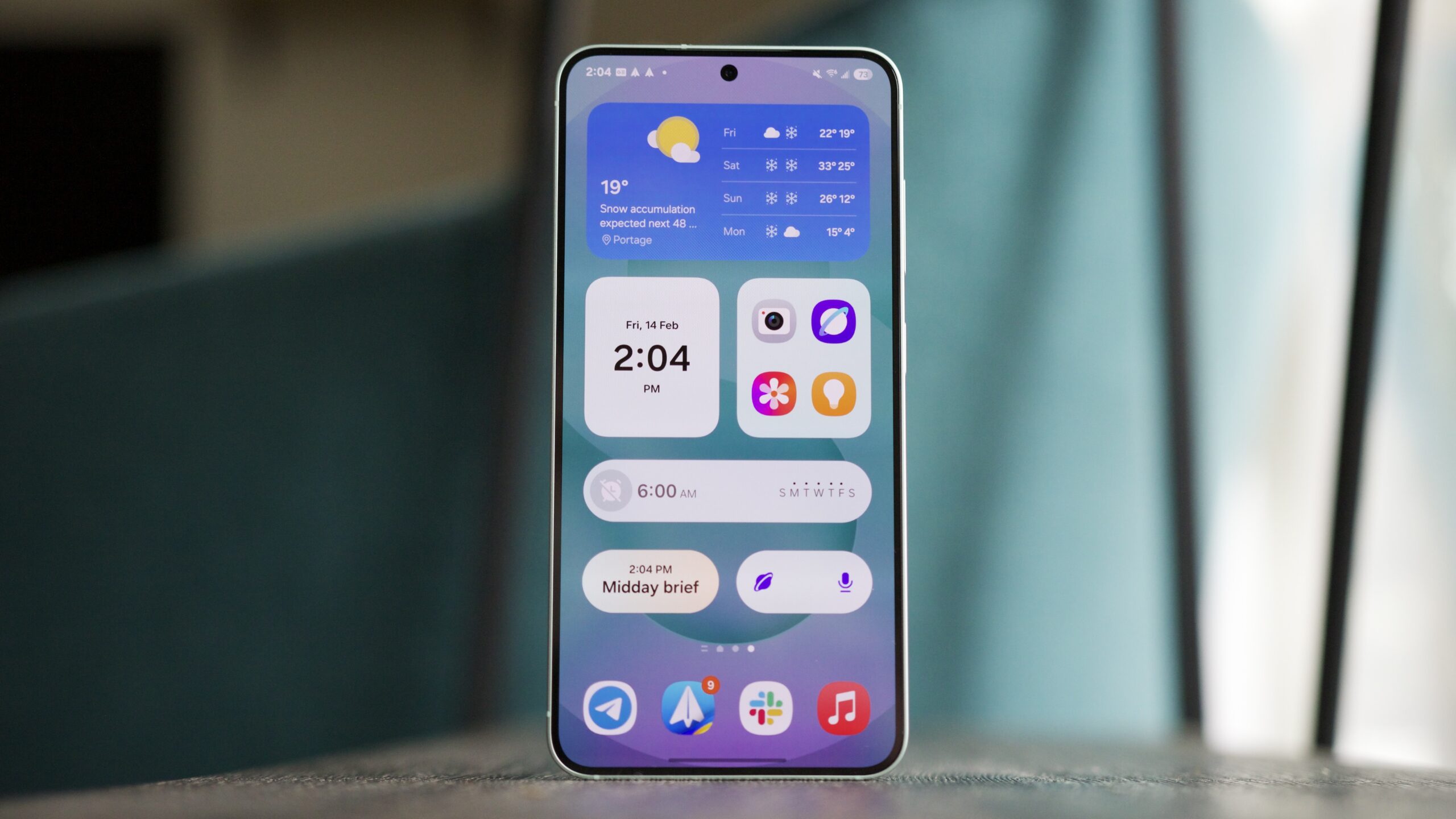


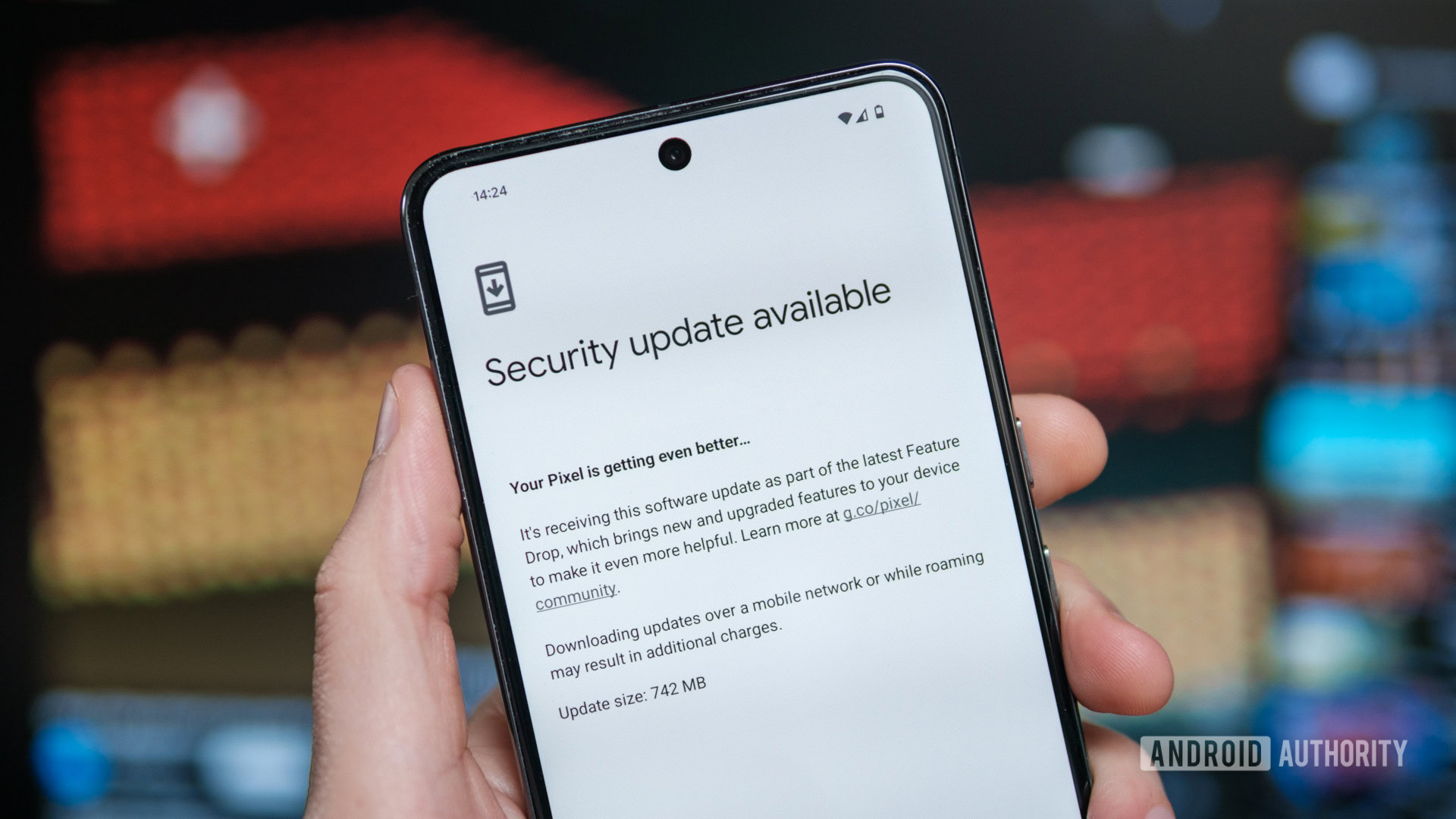




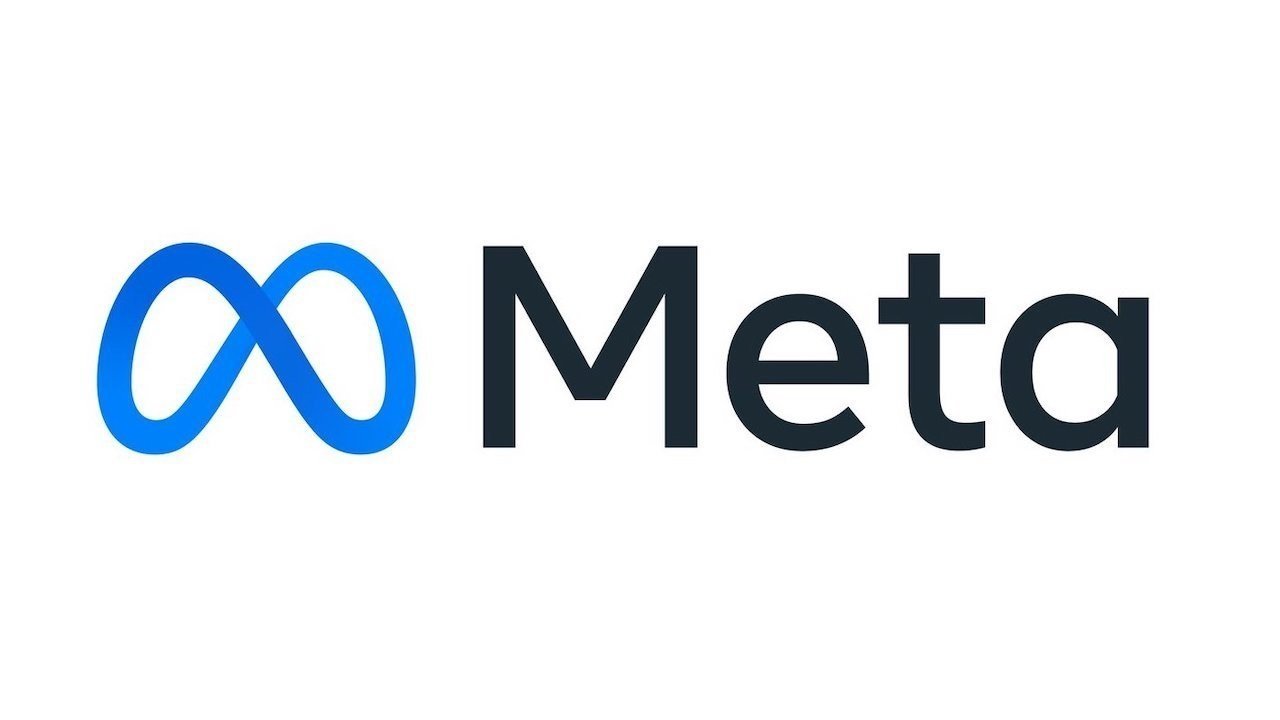


























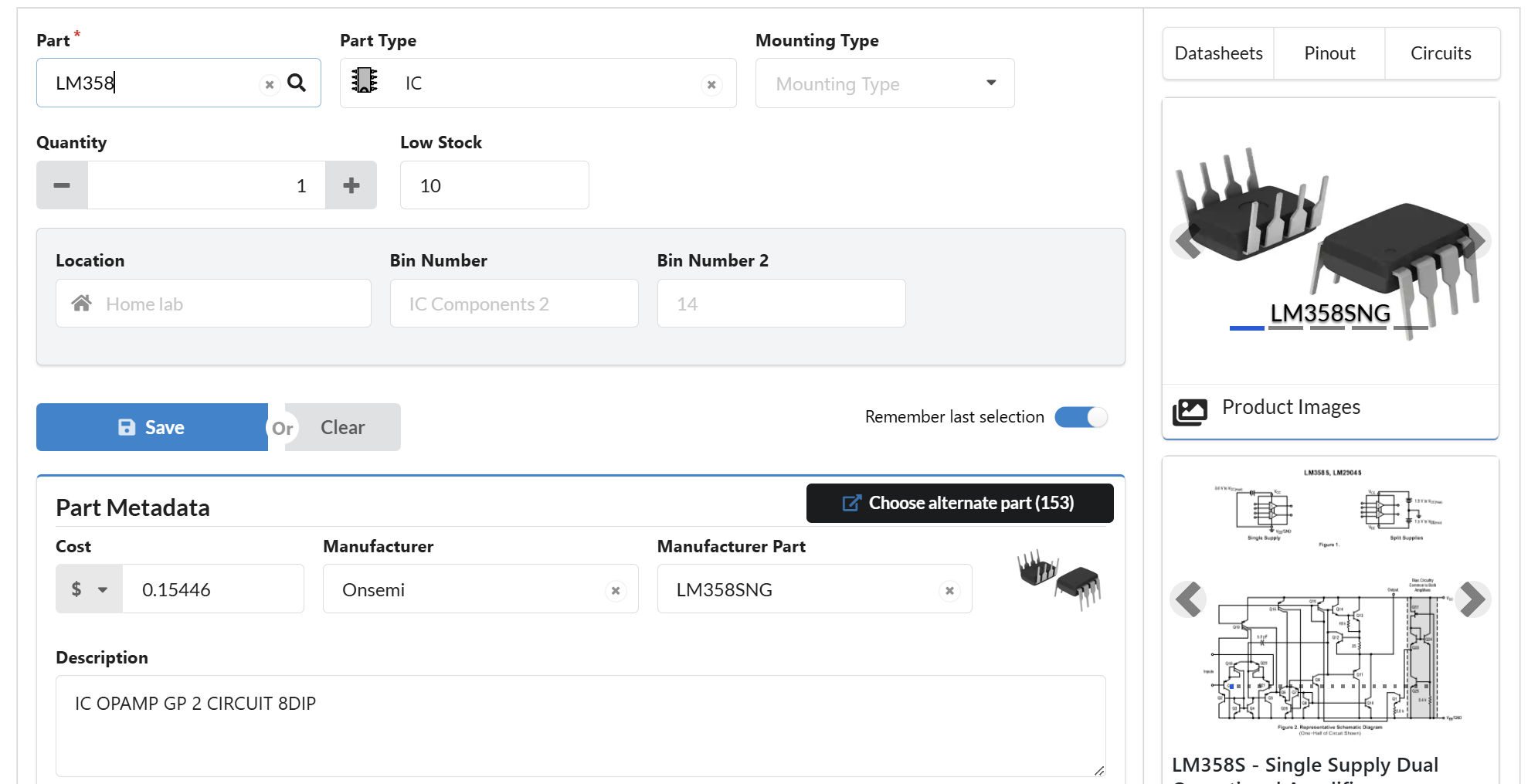
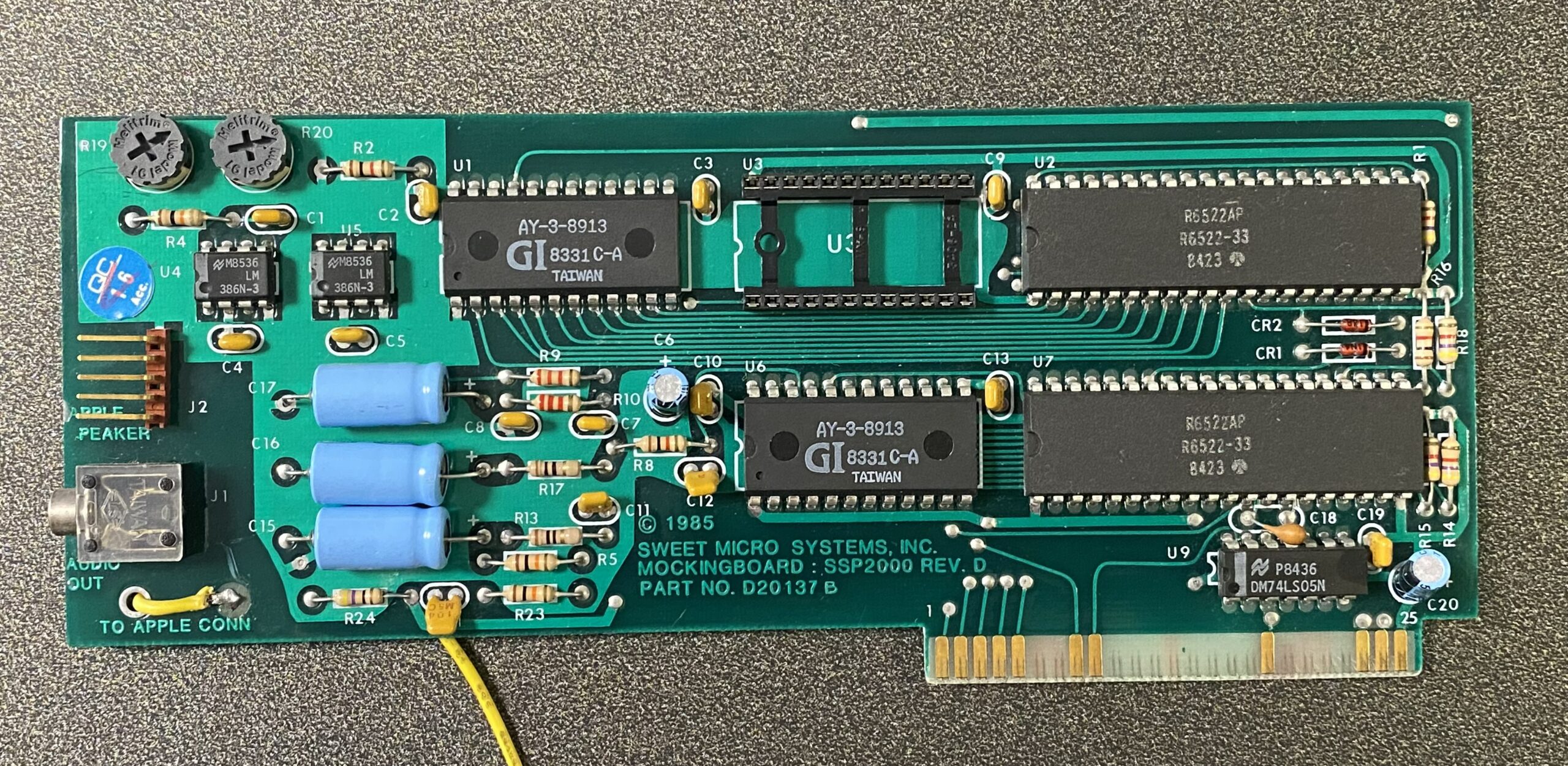
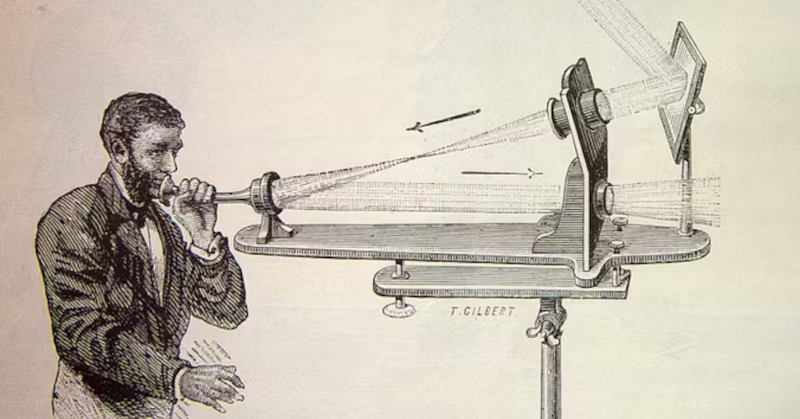
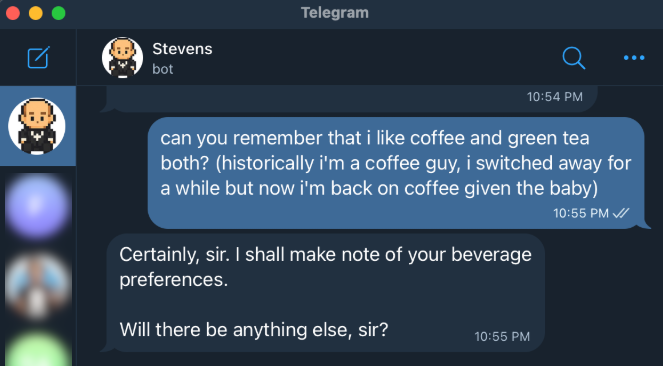














































.webp?#)



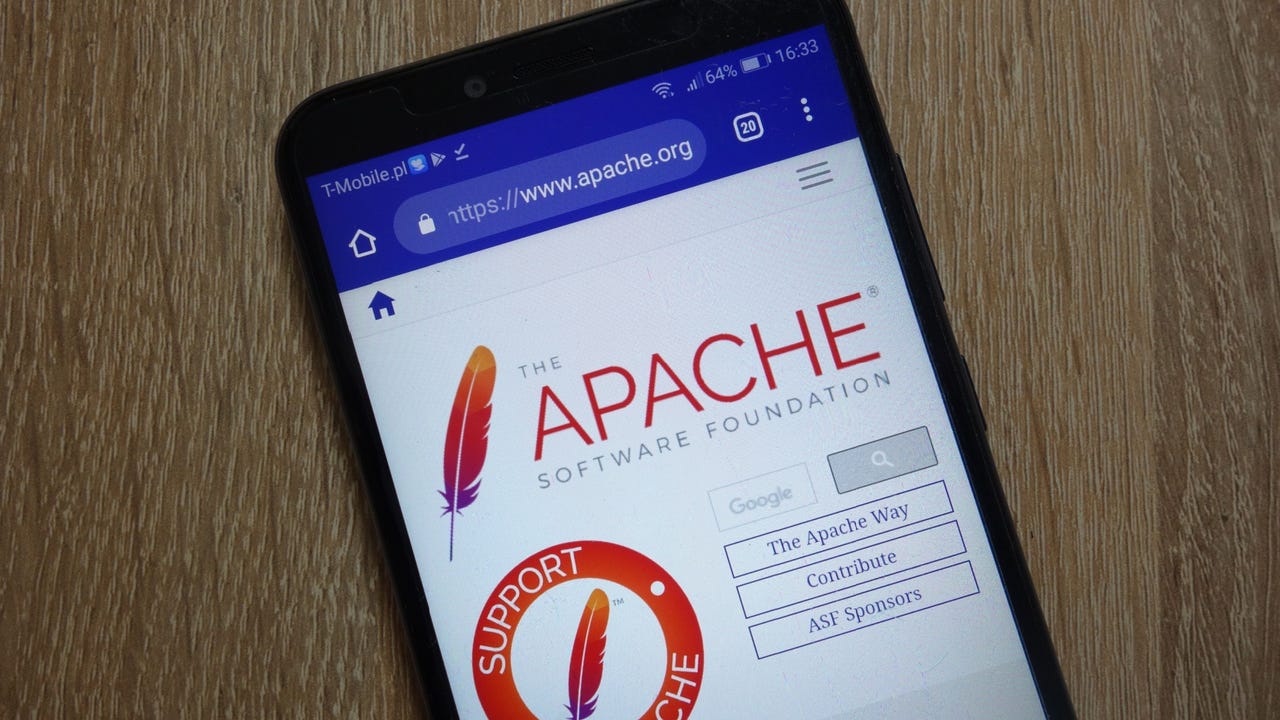


















































































![[The AI Show Episode 144]: ChatGPT’s New Memory, Shopify CEO’s Leaked “AI First” Memo, Google Cloud Next Releases, o3 and o4-mini Coming Soon & Llama 4’s Rocky Launch](https://www.marketingaiinstitute.com/hubfs/ep%20144%20cover.png)






























































































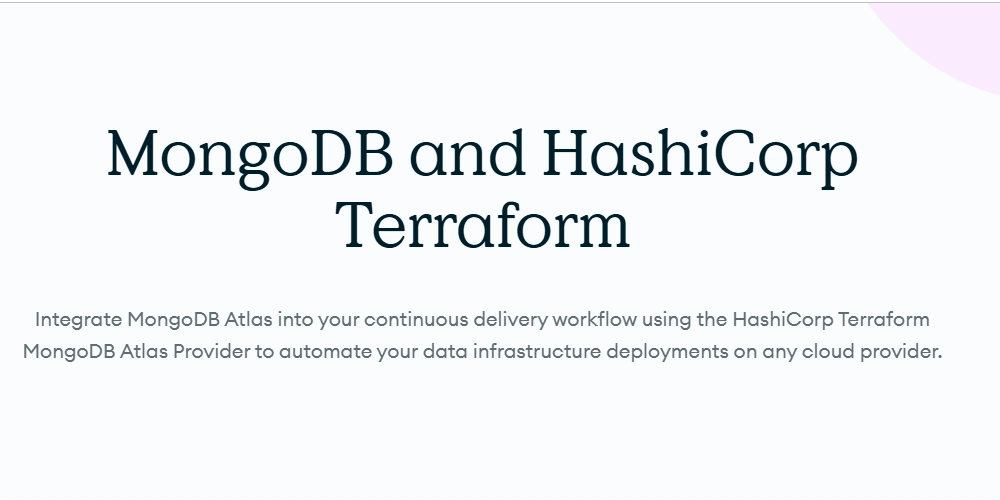



































































.png?width=1920&height=1920&fit=bounds&quality=70&format=jpg&auto=webp#)



























































